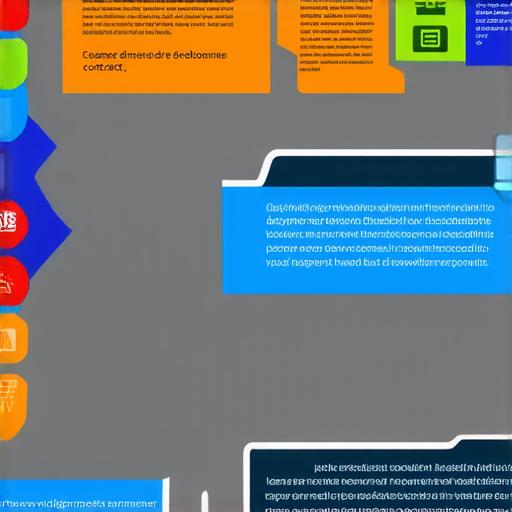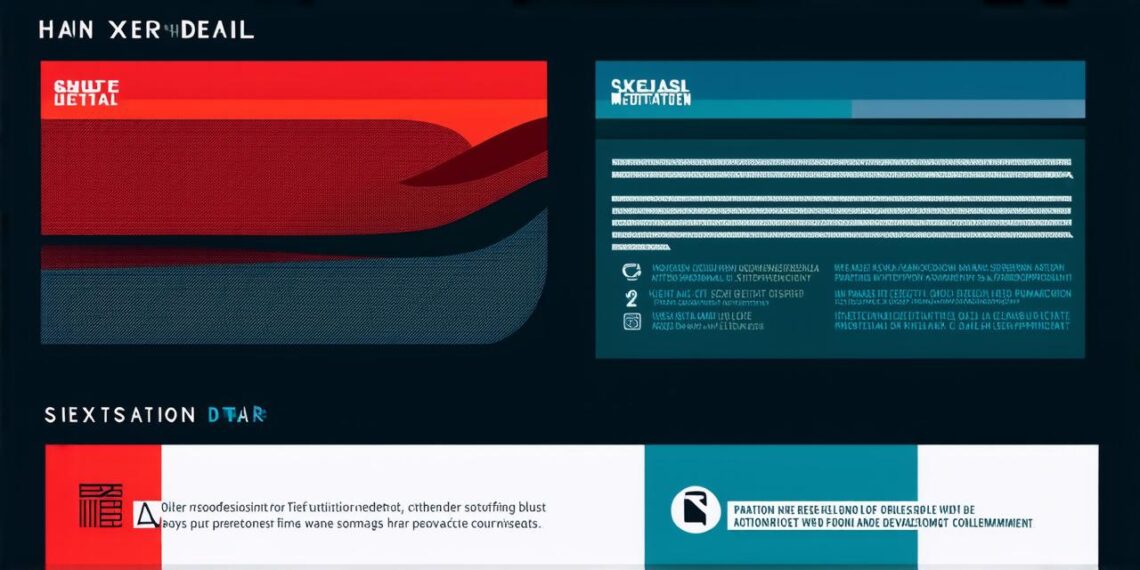
Introduction
Dispute resolution is a crucial aspect of any contract, including those in game development. It’s important to have a clear and comprehensive dispute resolution section in place to avoid misunderstandings and conflicts between parties. In this article, we will explore the key elements that should be included in the dispute resolution section of a game development contract.
The Importance of Dispute Resolution in Game Development Contracts
Disputes can arise for various reasons in game development, such as delays in delivery, scope creep, and budget overruns. These disputes can lead to legal action, which can be time-consuming and costly. By including a dispute resolution section in the contract, parties can avoid costly litigation and instead resolve conflicts through mediation or arbitration.
The Key Elements of Dispute Resolution in Game Development Contracts
-
Mediation
Mediation is an informal process where a neutral third party helps the parties reach an agreement. The mediator does not make a binding decision but instead facilitates communication and helps the parties find common ground. In game development contracts, mediation can be used to resolve disputes related to scope creep, budget overruns, or other issues.
-
Arbitration
Arbitration is a formal process where a neutral third party hears evidence and arguments from both parties and makes a binding decision. The decision of the arbitrator is final and cannot be appealed. In game development contracts, arbitration can be used to resolve disputes related to delivery delays, scope creep, or other issues.
-
Governing Law
The governing law clause specifies the jurisdiction under which the contract will be governed. This means that if a dispute arises, it will be resolved in accordance with the laws of the specified jurisdiction. In game development contracts, the governing law clause is important to ensure that disputes are resolved in a timely and cost-effective manner.
-
Dispute Resolution Process
The dispute resolution process outlines the steps that must be taken in case of a dispute. It should include mediation as the first step, followed by arbitration if mediation fails. The process should also specify the timeframes for each stage and the penalties for non-compliance. In game development contracts, the dispute resolution process is critical to ensure that disputes are resolved in a timely and efficient manner.
-
Confidentiality
Confidentiality is important in game development contracts to protect the intellectual property of both parties. The contract should specify that all discussions and negotiations related to the dispute are confidential and cannot be disclosed to third parties without the consent of the other party.
-
Costs
The costs clause specifies who will bear the costs associated with the dispute resolution process. It should also include provisions for the recovery of legal fees and expenses in case of a breach of contract. In game development contracts, the costs clause is important to ensure that both parties are aware of their responsibilities and that disputes do not lead to financial ruin.
Case Study: Dispute Resolution in Game Development Contracts
In 2017, the game development company “Psyonix” was involved in a dispute with its employees regarding unpaid overtime. The dispute arose due to a misinterpretation of the contract’s provisions on overtime payment. The dispute resolution section of the contract provided for mediation as the first step, followed by arbitration if mediation failed.
The parties engaged in mediation, but they were unable to reach an agreement. They then proceeded to arbitration, where a neutral third party listened to their evidence and arguments and made a binding decision. The decision was final, and both parties were required to pay legal fees and expenses.
Summary
Dispute resolution is an essential aspect of any game development contract. By including clear and comprehensive provisions for mediation, arbitration, governing law, dispute resolution process, confidentiality, and costs, parties can avoid costly litigation and resolve disputes in a timely and efficient manner.





